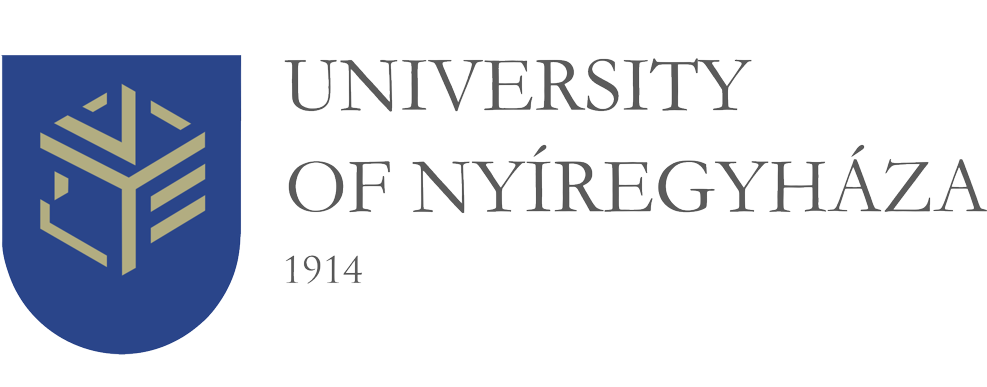Agricultural and Molecular Research and Service Group
In order to develop the basic and applied research potential of the University of Nyíregyháza, it established the Agricultural and Molecular Research and Service Group (AMReSeG) in 2004. AMReSeG is an interdisciplinary R&D&I institute related to the disciplines of chemistry, biology, agriculture and food.
Today, 2/3 of the adult Hungarian population is overweight or obese, which contributes to the development of diseases of civilization. The diseases of civilization can be prevented, the disease state can be influenced by consuming foods rich in so-called bioactive substances. The production and consumption of functional foods and food supplements are also increasing in Hungary. Our goal is to improve knowledge transfer to increase the competitiveness of agriculture and food industry entrepreneurs with innovative solutions.
Our research in the context of food-health covers the following areas:
1) food component testing,
2) testing and utilization of food by-products,
3) functional food and technology development,
4) proof of bioactivity of developed food and human physiology in in-vitro and human physiological (clinical trials).
Our chemists, biologists and food engineers have significant experience and results in these areas of research. We have solved several research and development tasks with our industrial partners, and we have successfully completed several R&D tenders.
Service portfolio of the AMReSeG of the University of Nyíregyháza:
· Literature research: on food technology, food safety, nutritional physiology scientific literature data.
· Physical, chemical, microbiological and toxicological testing of agricultural and food products and by-products:
o Physical characteristics: rheological properties, objective colour characteristics, morphological properties, mass, moisture content, turbidity.
o Macro components: determination of fat, nitrogen, ash content. Protein content calculation. Water-soluble solids content.
o Quantitative determination of dietary fibre, starch and resistant starch by enzymatic method.
o Active substance identification is performed based on molecular weight: the screening of flavonoid and other non-flavonoid type phenolic components is performed by the most modern HPLC-MS technique based on our own mass spectrometric databases containing thousands of compounds and the available standards.
o Bioactivity and bioactive agents: total polyphenol, total flavonoid, total anthocyanin, total carotene content, antioxidant activity (eg DPPH test) with spectrophotometric measurements described and accepted in the literature, vitamin C content analysis.
o Study of the mechanism of action of active substances on biological model systems by molecular cell biology methods.
o Microbiological tests: total mesophilic aerobic germs, yeast-mould count.
o Investigation of mycotoxins.
o Development of methods for the detection of a chemical component.
· Exploration and solution of food industry problems, development and implementation of microbiological phase tests.
· Review and optimization of technological processes in the food industry.
· Establishment and implementation of food safety and quality management systems.
· Technology and hygiene education.
· Health-conscious nutrition education.
· Development of health-preserving foods and food supplements, development of foods for special nutritional purposes e.g. gluten-free products, probiotic drinks.
· Investigation of the effect of processing on food/feed content.
· Research on the usability of food by-products.
Our equipment: gas chromatographs, GC / MS, liquid chromatographs, HPLC / MS / MS, ion chromatograph, elemental analyzer, UV / VIS, organic elemental analyzer, IR spectrophotometers, ICP, atomic absorption spectrophotometer, milk tester, colourimeter, stock analyzer, turbidity meter, fast moisture meter. With these devices, almost all chemical tests related to food safety can be performed, but they can also be used in many other areas, e.g. soil testing, feed, water, wine, brandy („pálinka”) testing. The institute is also prepared for a variety of biological, microbiological, and molecular diagnostic tests. PCR, RT-PCR, Bioanalyser and special microscopes are available for these.

